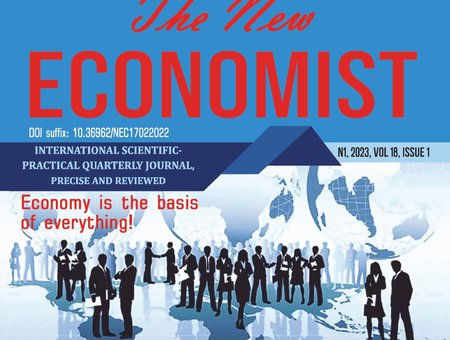Kazakhstan has secured approval from Moscow to use its pipeline infrastructure in order to transport 300,000 tons of oil to Germany in the first quarter of 2023, a state-run company (Kaztransoil) announced on January 13, 2023.
Deliveries in January, 2023 amounted to 20,000 tons. Kazakhstan plans to export up to 1.5 million tons to Germany via Russia in 2023, but in the future, the volume could be increased to 7 million tons.
As for now, oil transportation through Russia seems more beneficial to Kazakhstan, whereas the so-called Middle Corridor transportation route, which involves shipping oil tankers that would cross the Caspian Sea before unloading crude onto freight transport traveling through Azerbaijan, Georgia and Turkey is still limited in capacity and far costlier than using Russian infrastructure. Besides, the ongoing and frozen conflicts in Caucasus could in future endanger the security of Kazakhstan’s oil supply to the EU countries via South Caucasus.



